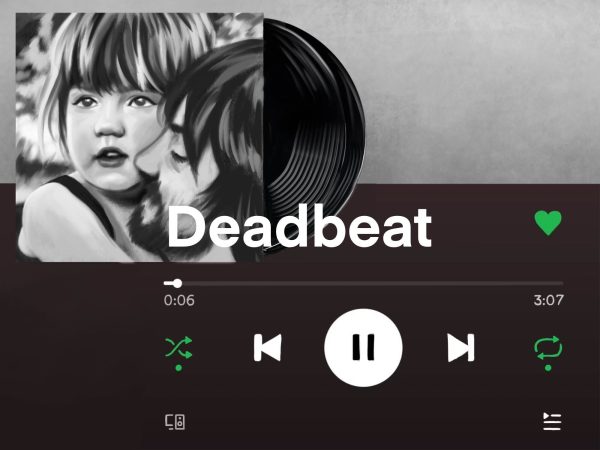I won’t share my thoughts on “Deadbeat,” Tame Impala’s new record, but I will share this line from Pitchfork’s review, which pretty much sums up my thoughts exactly:
“Deadbeat arrives asking the question: What’s left to do for the psych-rock prodigy turned dance-pop consultant? Become a DJ, of course!”

Maybe it’s the kind of album that has to grow on you, or the type of album you make when you’ve attained a certain level of money and fame and have listened to too much Fred again.
Regardless, I listened to it, discussed it with my friends — who liked it — and we went our separate ways.
None of us frequently post our opinions on social media. Thus, we’ve never experienced the rush of anonymous attention that occurs when you post a controversial take on X or Instagram or TikTok or whatever platform you desire. At least, I’d imagine there has to be some sort of rush that accompanies the “30-second post” — a phrase I assign to posts that read as if the writer only thought about the subject matter for 30 seconds.
The worst part is — without knowing what value they contribute to my life — I engage with them, consume them and sometimes even like them.
I’m not the only one. Kevin Parker, the one-man band behind Tame Impala’s former greatness, posted about the overwhelming amount of reactions to “Deadbeat” on his Instagram, writing that “everyone’s allowed to think whatever they want to think.” One could assume the takes he is referring to were mainly found on social media.
It’s become the unanswerable question of our time — why do we engage with social media despite knowing it’s rampant with bots and trolls?
Some argue social media has replaced the in-person communication that once drove social lives and critical, thoughtful conversations. I’d argue that while it hasn’t so much replaced them, it has destroyed and depleted them.
What exists online is rarely ever true conversation. Opinions are mainly shouted into echo chambers that almost always become nastier as they reverberate.
I disagree with those who say social media has ruined criticism due to the fact that everyone is a critic now — that’s always been the case. But the medium through which those criticisms are translated has changed substantially. Our thoughts and opinions are now broadcasted to anyone who wants to see them, whenever they want to see them.
Everyone has become a “public” critic, and it’s doing art, and us, a massive disservice.
Everyone has every right to their opinion, but perhaps where we falter is our innate instinct now to share these opinions online for reasons unknown. It saddens me that artists are explaining on social media that yes, in fact, people can dislike their music. Criticism is part of the social contract of artistry. But I ask that negative majority — what do you really gain from posting about it?
Anyone reading this has every right to call me hypocritical. I am doing a lot of criticism about critics. But in all fairness, I reflected for more than 30 seconds.
The court of public opinion has always been cruel, but it’s never been this public, constant or loud. Musicians are acknowledging it because it is perhaps the only mode of self protection left.